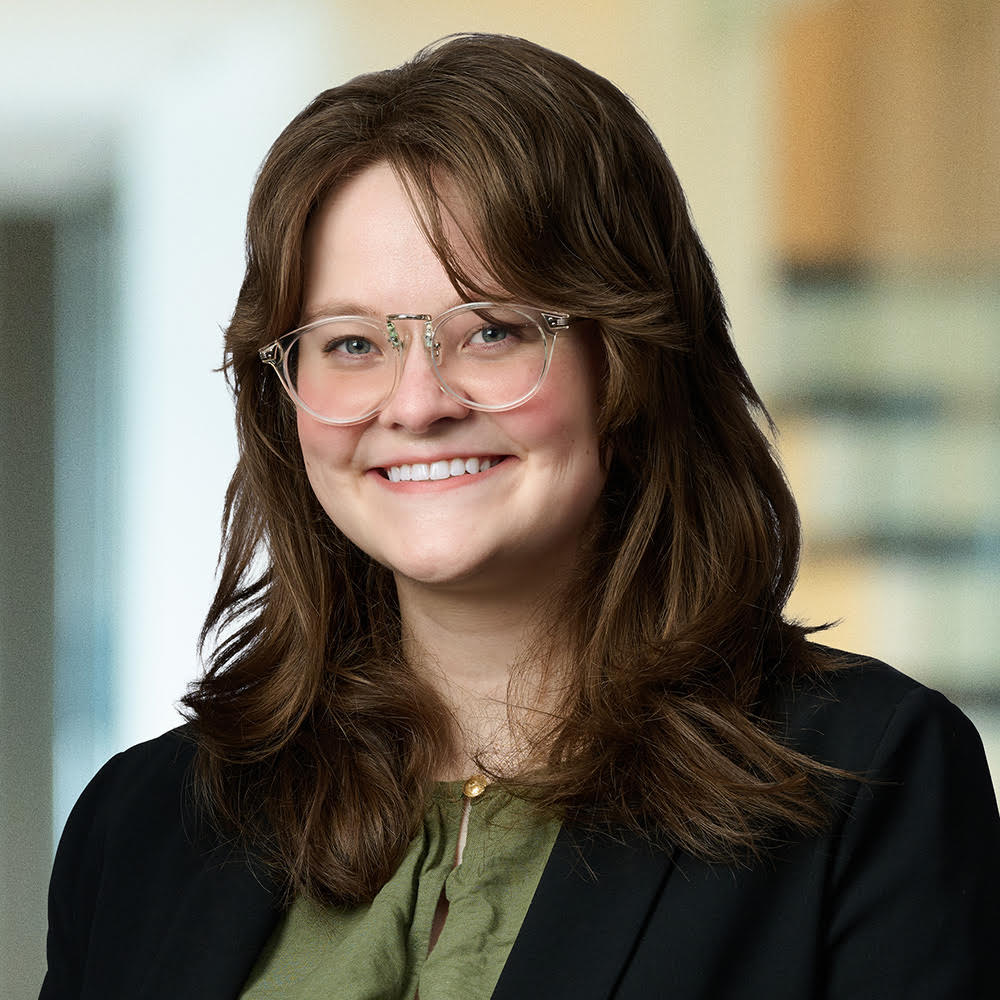Olivia Leland, PhD'25, Physics
Technology Specialist; Wolf, Greenfield & Sacks, P.C.
June 18, 2025
Can you describe your career path and how it has led to your current work?
I started my career in culinary arts and hospitality. I attended the Orange County School of the Arts and fully intended to pursue a career in culinary after graduating. After taking a food science class, however, I realized how much I liked chemistry and got an A.S. in Chemistry from Santiago Canyon College. While there, I worked at a lap studying aptamer therapeutics, which introduced me to pharmaceutical research. Then, I transferred to UCLA and received my B.S. in Biophysics. My undergraduate research focused on developing delivery systems of dyes for deep-tissue imaging. Having experience in several fields and disciplines, I decided to go to Brandeis for a Ph.D. in Physics. My thesis was on tool development in Haloarchaea to study their biomechanics. Now, I work as a technical specialist at Wolf Greenfield & Sacks in the Electrical and Computer Technologies group, where I write patents on computer hardware, software, and AI applications.
What does a typical day/week look like for you in this position?
I very much operate on a week-to-week schedule since my projects, when assigned, have deadlines months out. I work with my assistant weekly to plan out what I'll be doing for the next three weeks - planning when I'll write patents, respond to the USPTO, and meet with shareholders and clients. Most of what I do on a granular scale is writing and learning. As an example, I may be writing a patent on an electrical connector the same day I work on a response for software used in orthodontics. To do either, I need to schedule time for the writing but also time to read material to familiarize myself with the technology I'm writing about. My favorite thing about my job is that I get paid to learn and read about emergent technologies. My docket includes technologies ranging from computer hardware to materials science to quantum computing and much more. I enjoy being busy because I enjoy the process of learning and seeing projects come to fruition.
What skills from your Brandeis degree have you found most valuable in your current work?
A typical work week in my graduate lab required I work with live cells, do molecular biology protocols, and understand physics/materials science. Given that my work requires familiarity with disparate fields, I'm very comfortable not knowing things or not knowing an answer immediately. Most things can be learned with time and effort. Being accustomed to the unfamiliar is a key component of patent law, so if you can develop that skill early on, it will really help you in the long run.
What advice do you have for current students as they embark on their career exploration or job search?
A major difference between academic research and patent law is the importance of client management and business development. This is, ultimately, a service industry where you're fostering relationships with clients and providing a service. I adore this aspect of what I do. You will be given many opportunities to network and work directly with clients, and I can appreciate that that's a challenging skill to learn, especially in grad school where hard skills are generally given higher priority. I once had a connection tell me that the difference between a good worker and a great professional is whether or not they, as a manager, felt comfortable leaving them alone in a room with a client. People skills and comfort in social settings is key in many industries. A really effective way to develop this is reaching out to alumni and people in fields you're interested in and asking to have a quick Zoom chat or get coffee. Don't think of these as interviews but conversations. The more conversations you have, the more comfortable you'll be having them and the stronger your network will be. Raise networking and communication in your priority list as soon as possible, and you'll find that this skill will take you very far.
This all sounds easier said than done, but something I meditated on while going through this process was "You will end up where you need to be." For me, this has always ended up being true (even if the middle parts were difficult). Be receptive to opportunities that don't fit neatly into your career goals. If I rejected opportunities that were off the path I was on, I wouldn't have transitioned from culinary arts to science to patent law.






